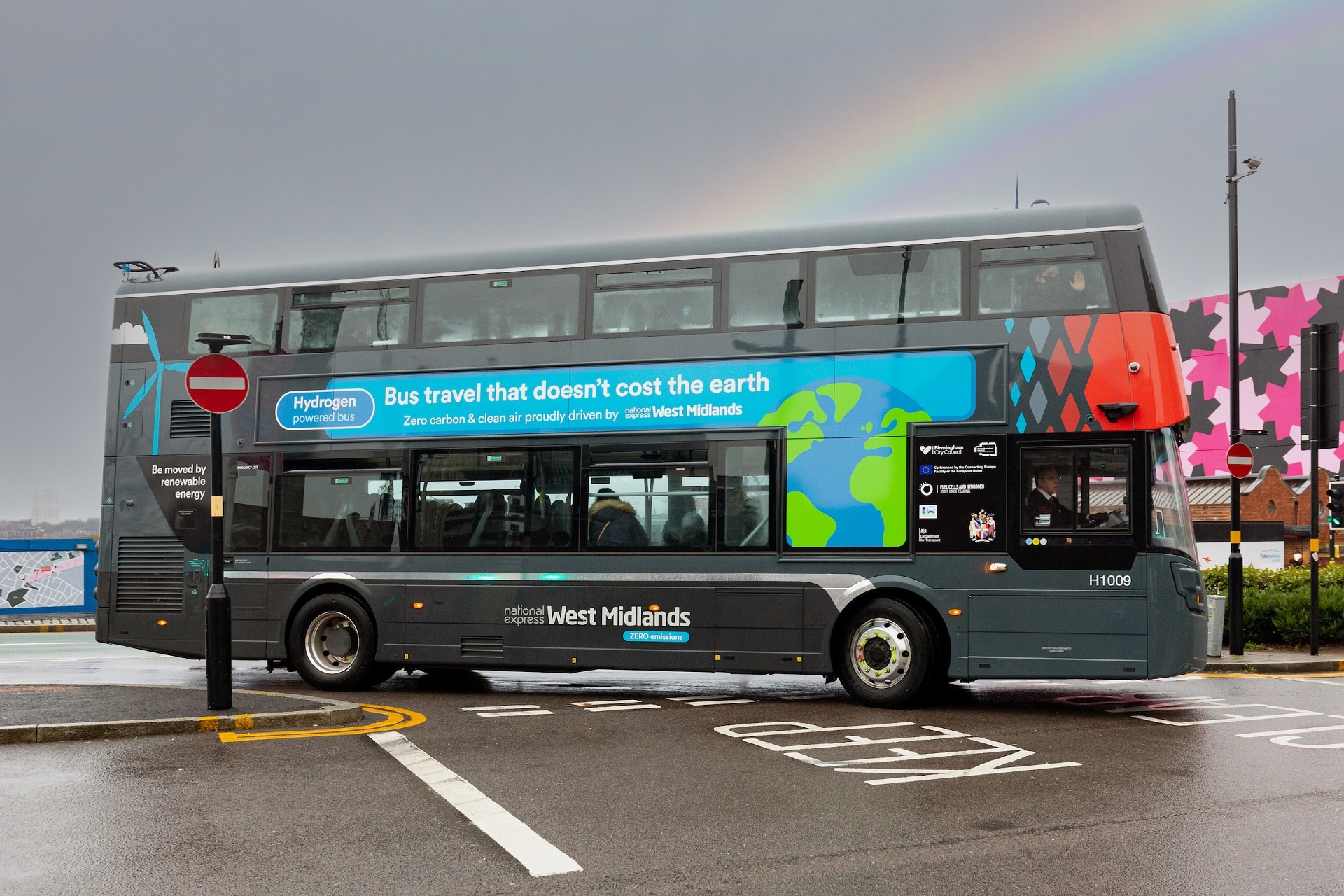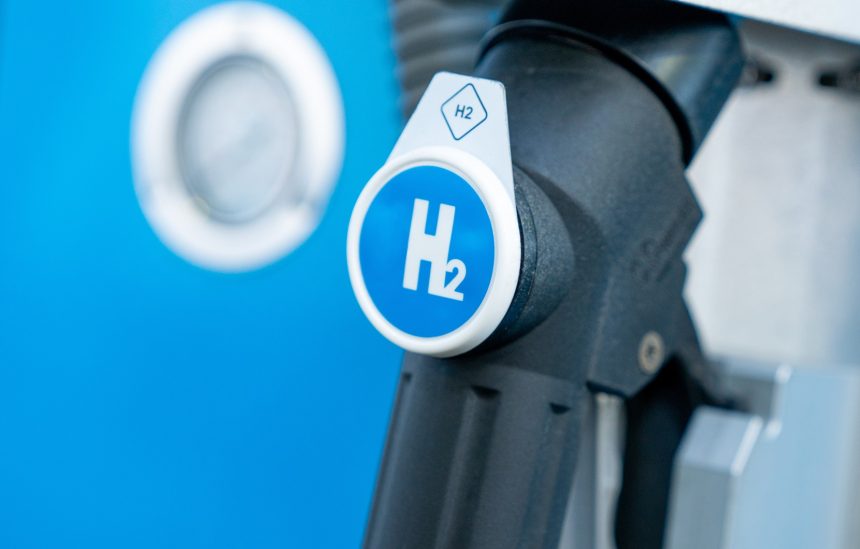The battery or fuel cell zero-emission debate in bus has not been a balanced one so far. Batteries and the vehicles that use them have come on strongly and consistently. Fuel cell-powered buses have at best been difficult, and at their worst an embarrassment. More than one party will be rueing their decisions to buy hydrogen buses that largely stand idle.
Key to those difficulties is fuel supply. The question of why so many hydrogen buses were procured with public money before a reliable and convenient source of energy was in place is a good one for taxpayers in two city regions to ask, although that problem will fix itself in time.
It will have to, given that hydrogen will be prominent in heavy trucks and will likely contribute to the coach industry’s decarbonisation, both in the longer-term. Perhaps then fuel cells may also come into their own in bus. That is, if battery technology has not already sewed up the market tighter than a submarine door.
The unknown so far in how hydrogen will shape up is its use via internal combustion. That is a technology upon which Guido Dumarey – owner of Mellor and Treka Bus – believes it is worth betting. Entrepreneur Mr Dumarey warrants listening to, for his knowledge of automotive engineering and its commercial aspects has made him a rich man.
The UK government said in 2022 that it does not regard hydrogen combustion as a true zero-emission technology because a small amount of NOx is produced.
Ordinarily that would represent a hole below the waterline, but Mr Dumarey – who also owns an injector and fuel rail business – says that NOx can be removed without much difficulty. MAN and Volvo have observed much the same.

In what may become a major plus for hydrogen combustion, the Belgian businessman adds an expectation that productionised hydrogen engines will ultimately have the same cost point and lifespan as a diesel. Such is his confidence, the Mellor Strata small bus will become hydrogen combustion ready in 2025.
Meanwhile, Wrightbus is hedging its bets on hydrogen combustion in the StreetDeck Ultroliner double-deck bus. It gains the Cummins B6.7 diesel engine as part of a workover. That supplier has already shown its B6.7H hydrogen unit and said that it expects footprints for comparable diesel and hydrogen engines at Euro 7 will be the same.
Detractors will point to the not always ‘green’ production of hydrogen, and its cost. Experts think that the latter will come down. Some believe drastically so. However, perhaps not entirely baseless is the suggestion that some of the hydrogen buses sitting idle for now do so on instruction from financial directors.
General willingness of operators to have battery charging and hydrogen fuelling infrastructure in the same depot may govern how well hydrogen makes up any lost ground if combustion ultimately delivers. For coach, it may be one solution for more demanding duties.
MAN sees scope for hydrogen combustion, albeit only in its heaviest trucks so far. But it will deliver some of those with hydrogen engines in 2025. They will be part of a growing movement that suggests electric – either via batteries or fuel cells – may not ultimately be the only game in the zero-emission town.



























